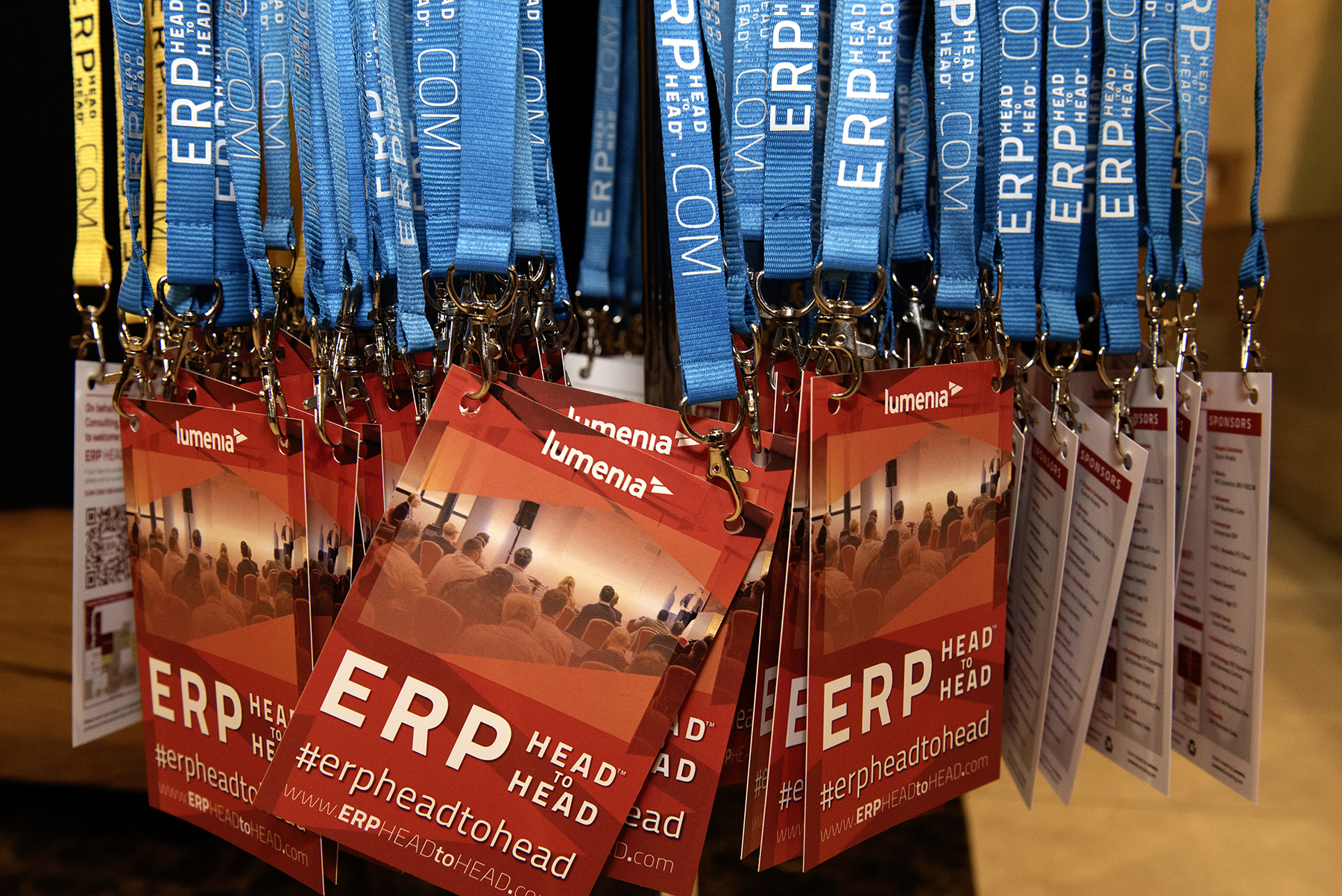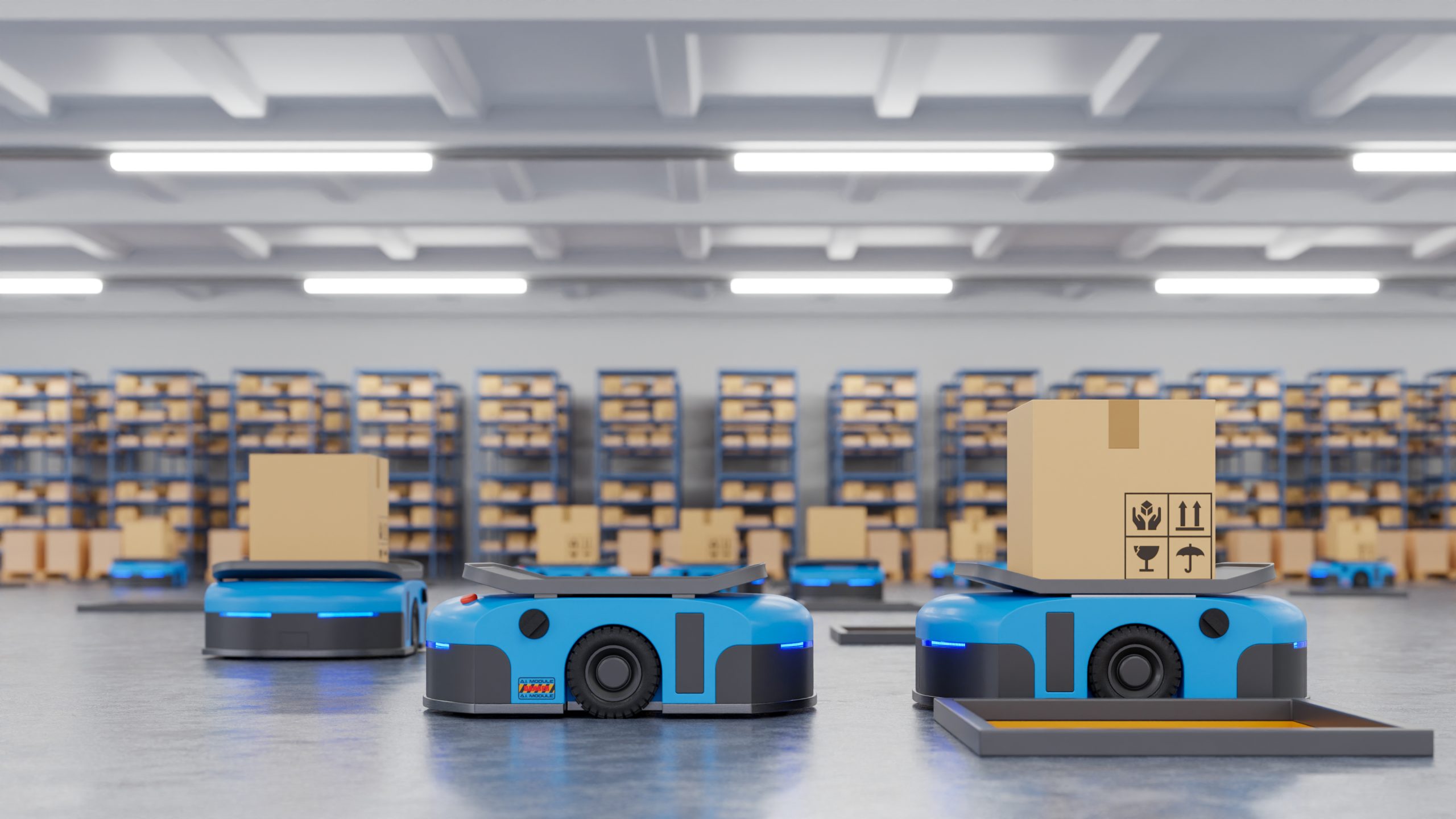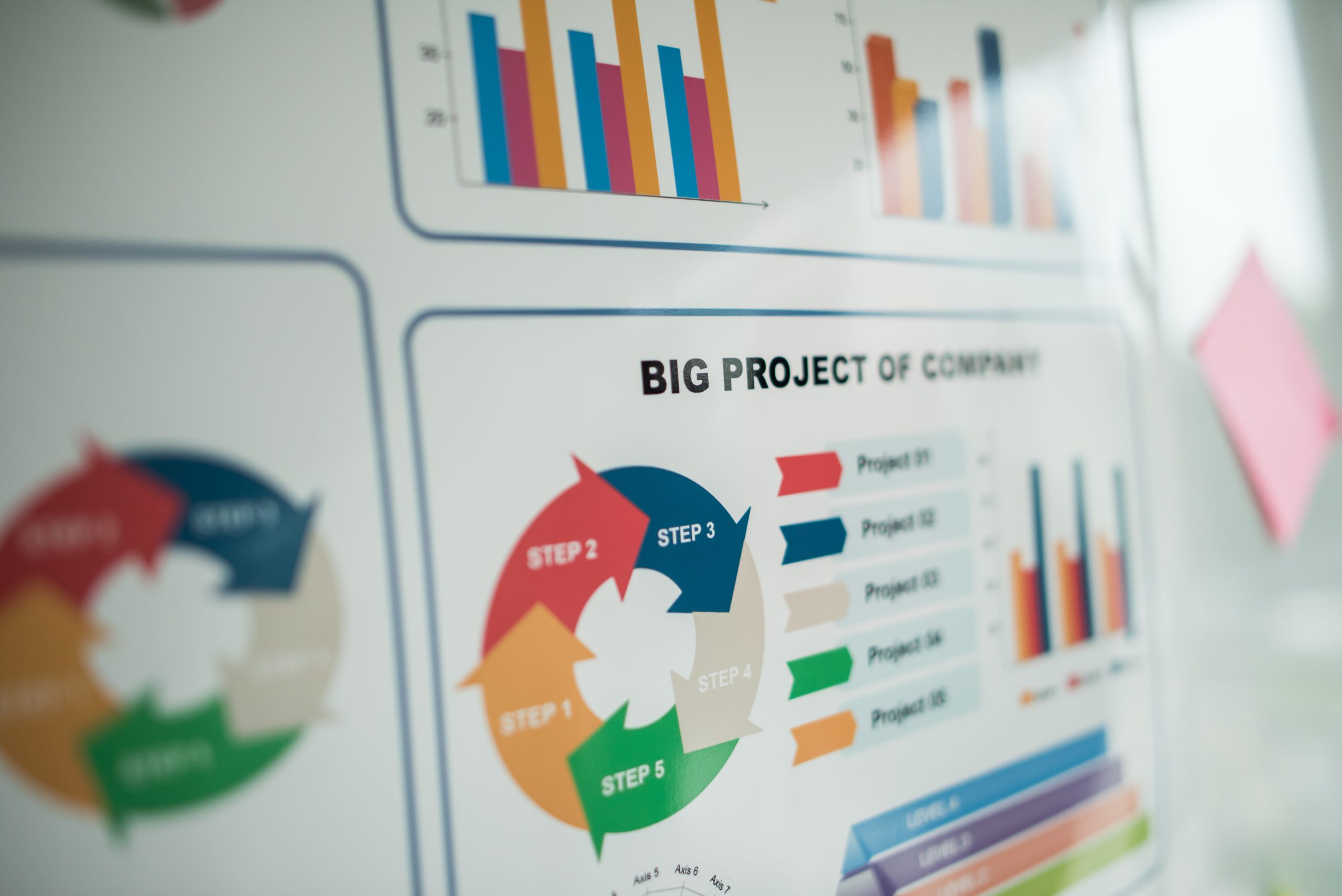ERP and agile culture have always been seen as opposing ends of Industry 4.0. But with the advent of the IoT, are ERP systems ready to adapt to industry demands for agility?
Agile culture is a set of pragmatic values employed in developing software to achieve a lean and nimble project management style. The flexibility it affords has made it popular for businesses that experience markets, technologies, and demands change very quickly. While shifting to this methodology has worked for many software projects, some are skeptical about whether or not it can be implemented within enterprise applications — especially ERP systems.

Waterfall vs. Agile
ERP systems are off-the-shelf software and therefore have a different life cycle than other software development projects. They are usually developed via the waterfall approach – a long, sequential, and linear method that has so far ensured the reliability of ERP systems. While agile culture was made for software that needs to be built from the ground up, it can potentially catalyze the customization process in ERP systems better than the waterfall method.
This is why more and more businesses are investing in adopting an agile approach that enables customized sprints. Whereas a waterfall approach would entail waiting a full year to deploy and test software, agile allows developers to prioritize certain functionalities and roll them out in two-week sprints.
In fact, researchers from Iowa State University found that developers using the agile methodology felt that projects were more collaborative, more interactive, and easier to control. The study also highlights that transitioning to agile from waterfall requires developers to be physically near each other. By being in a single location, developers can overcome flexibility barriers as agile requires constant collaboration and a high level of responsiveness. Other research suggests that the transition to agile greatly reduces the complexity of ERP implementation — a huge factor in deployment failures.
The IoT demands agility
The rising adoption of IoT technology — interconnected devices and sensors over a wireless network — will without doubt disrupt ERP systems. From smart cars to warehouse sensors, the IoT opens up new models for ERP data collection and management.
Currently, IoT and Industrial IoT technologies supplement ERP systems as a source of abundant data. These new streams of data enhance business intelligence by providing insights that are crucial for streamlining processes – arguably the main goal of ERP development. As the annual amount of generated data reaches new heights, which Maryville University predicts will stretch to 180 trillion gigabytes by 2025, ERP systems will have to adapt to accommodate and develop IoT use cases. The ability to extend IoT data from the factory floors to the C-suite will be crucial in further digital transformations.
As the IoT becomes more central in businesses, Tech Beacon highlights that continuous delivery and post-deployment will be the key factors in software development. Agile methodologies, which can deliver both, will be imperative even in enterprise solutions.
Challenges to going agile
While entirely possible, there remain challenges in adopting agile as a methodology for ERP implementation. As the project scales, agile culture might not be conducive to the increasing cross-functional decisions needed. The high demand for synchronicity and performance alignment in agile environments can also become a hindrance when not addressed properly. In addition, the inherent risks in relegating documentation to functionality alone can be counterproductive at the scale of enterprise applications.
This is why businesses favor hybrid approaches like the Scaled Agile Framework (SAFe) to integrate agile methodology in ERP implementation. Instead of two-week sprints, SAFe splits deployments in “waves of functionalities” which can span longer. Hybrid approaches start out sequential like waterfall, but later employ the agile method once in the testing stage of the development process.
With these current disruptions, agile methods to ERP implementation will soon be crucial in future-proofing your business. While resistance is understandable, given that agile is relatively new in enterprise applications, the shift towards it is inevitable.











